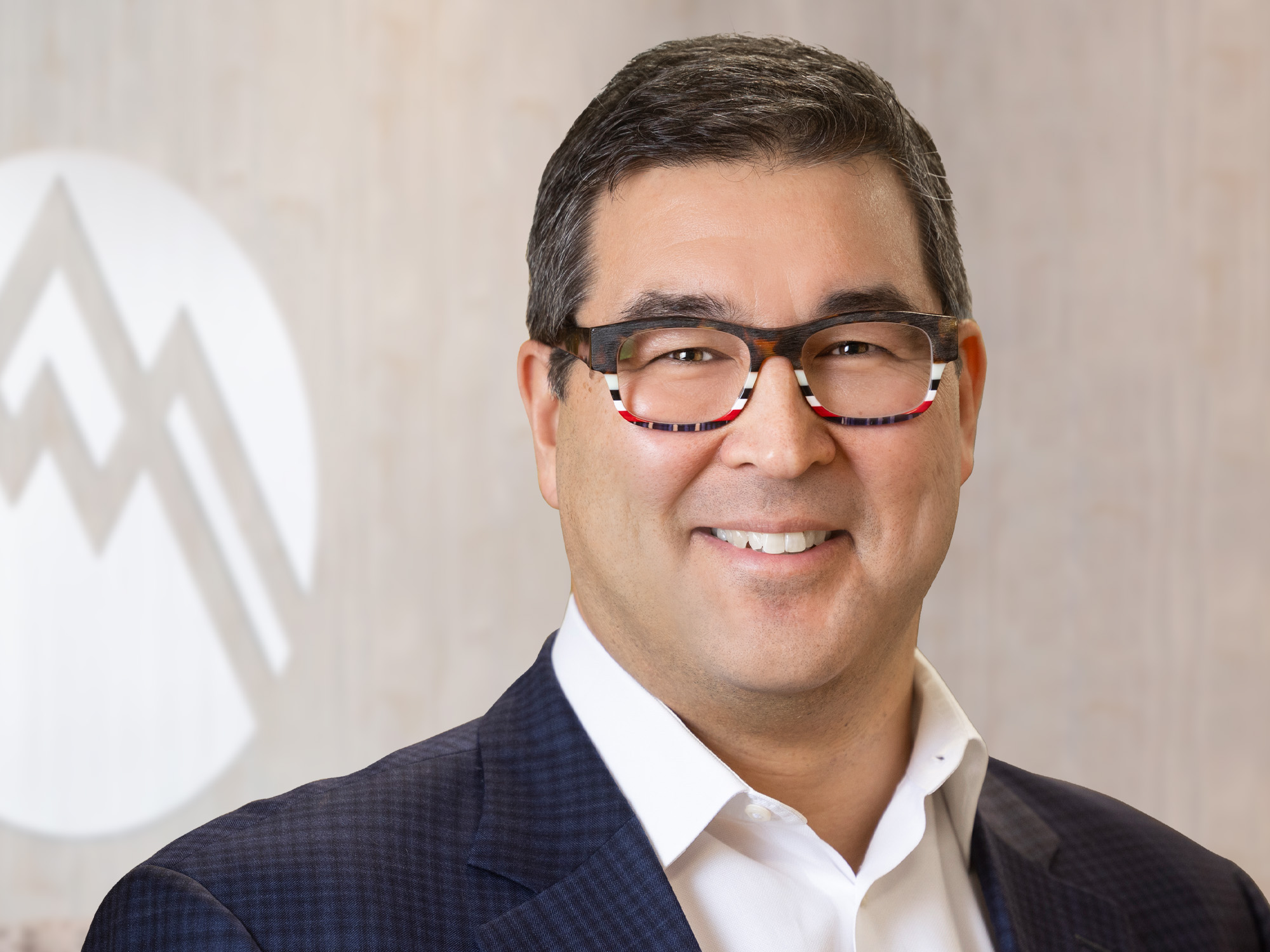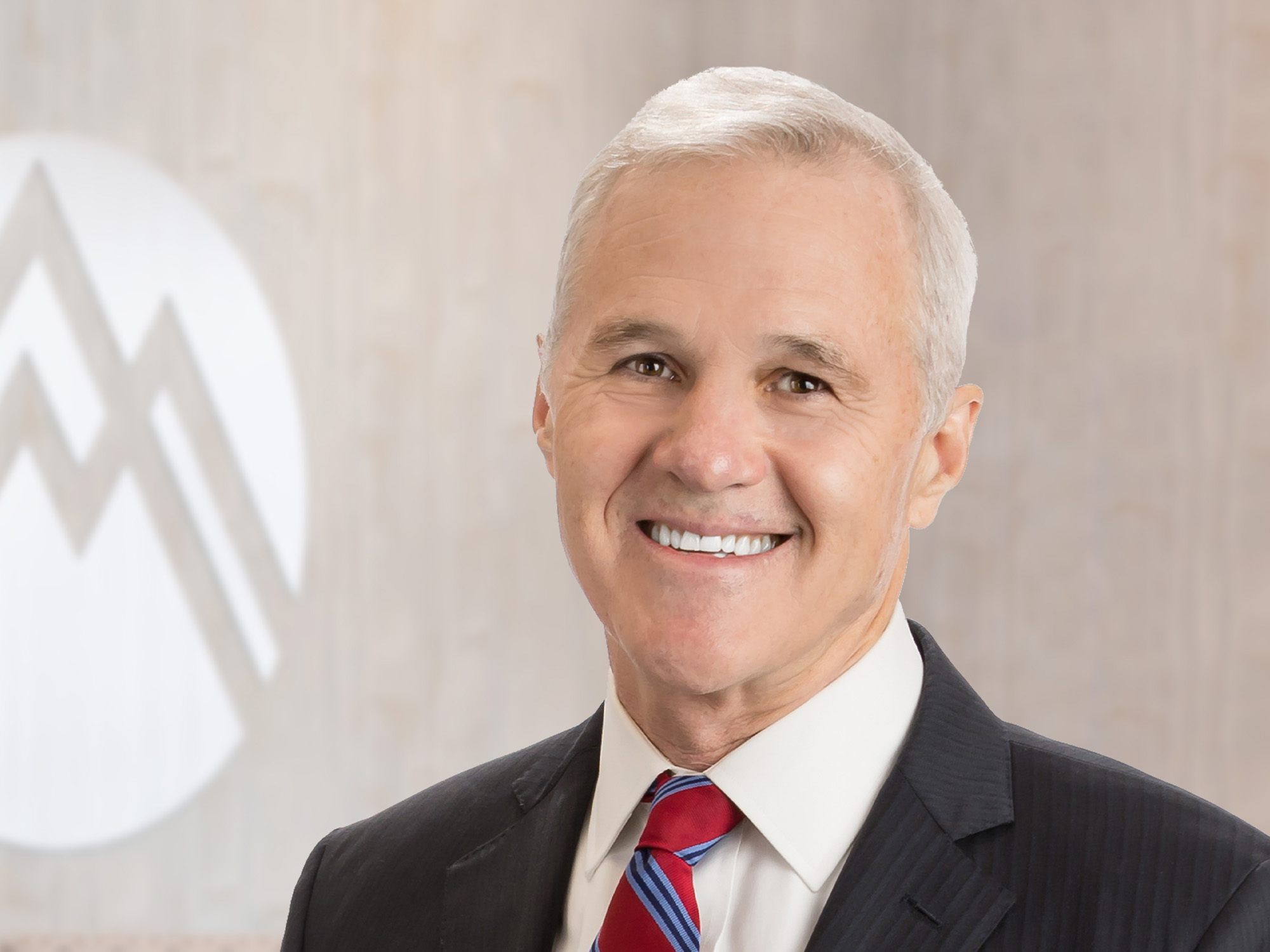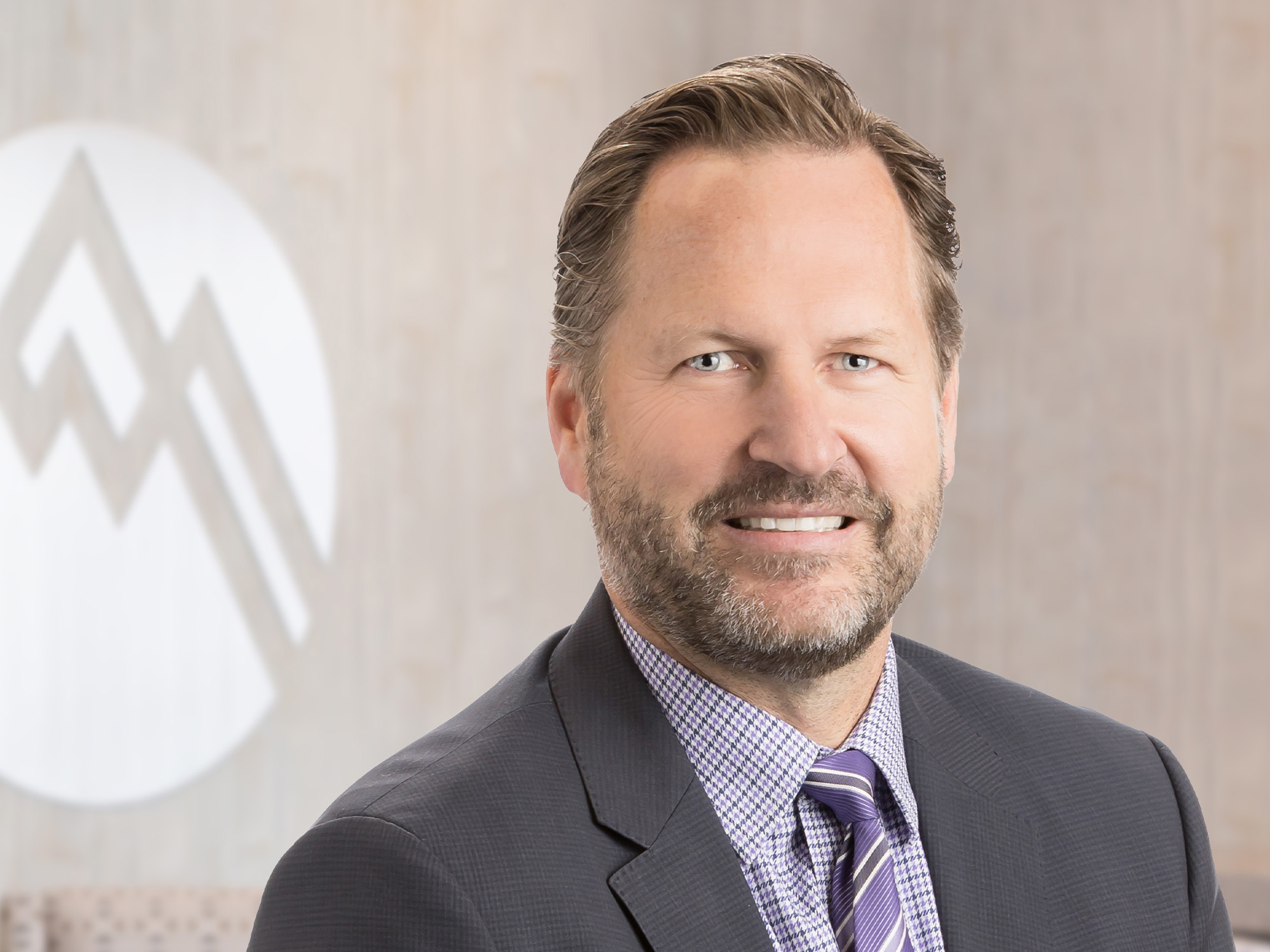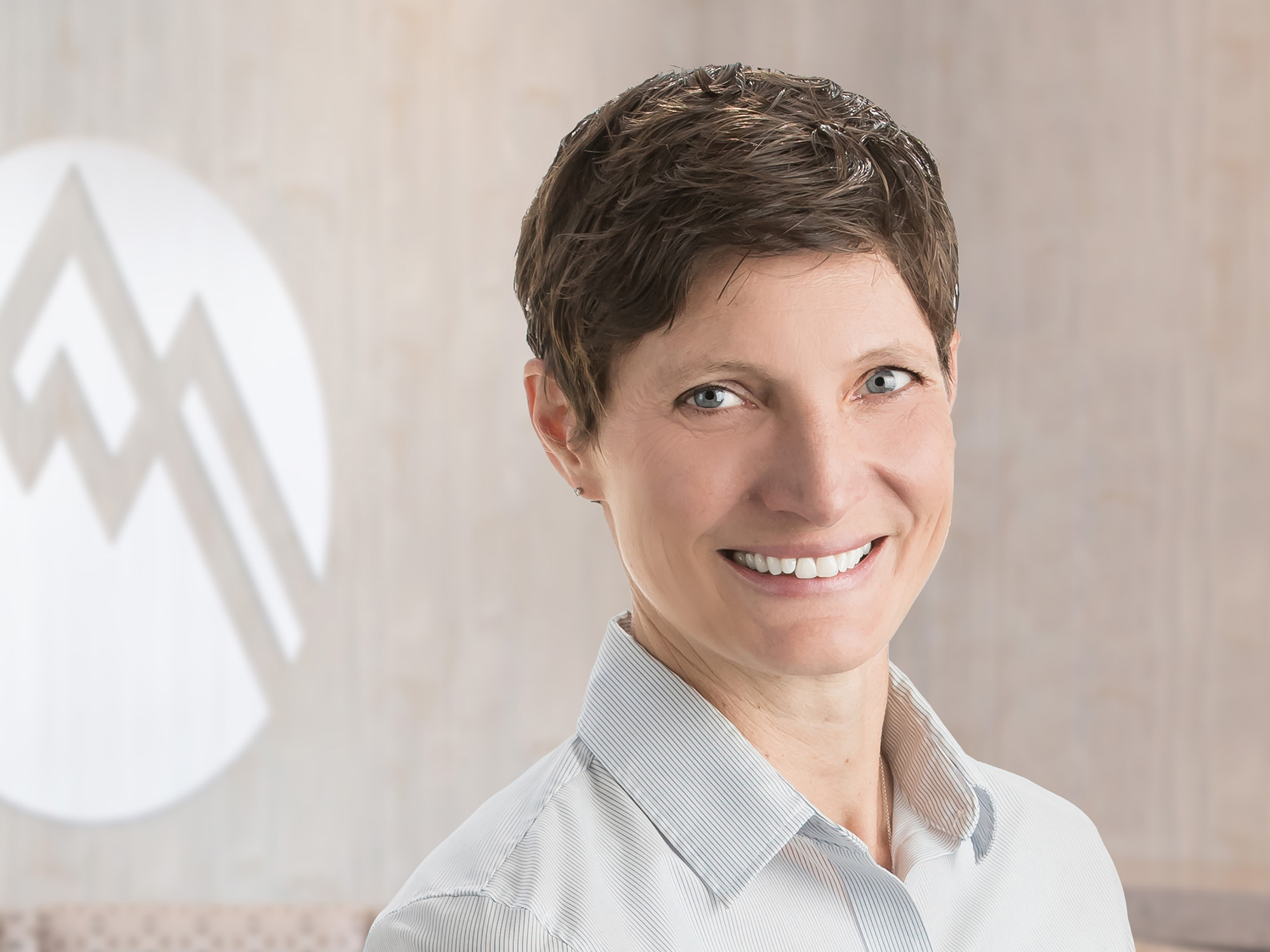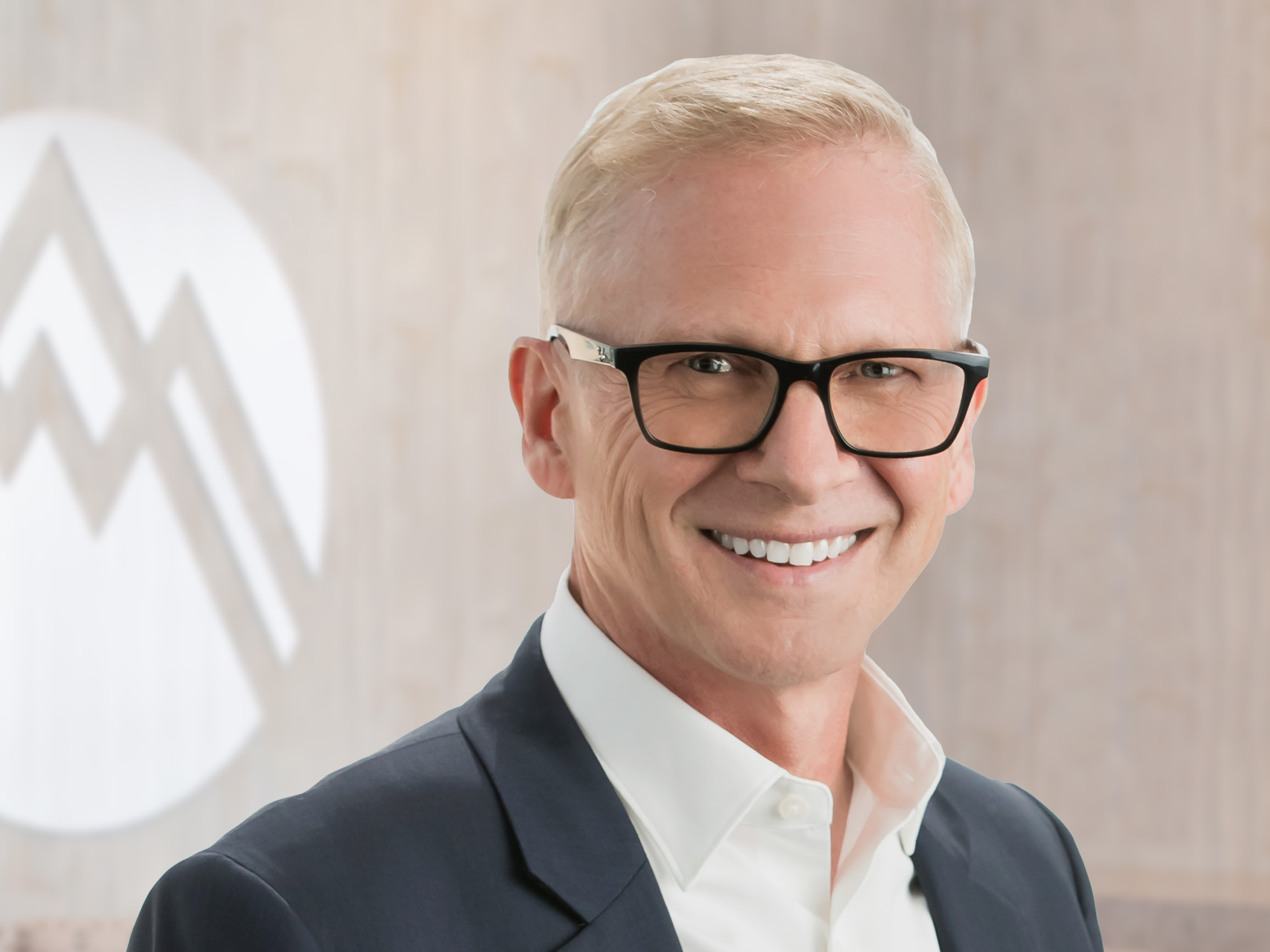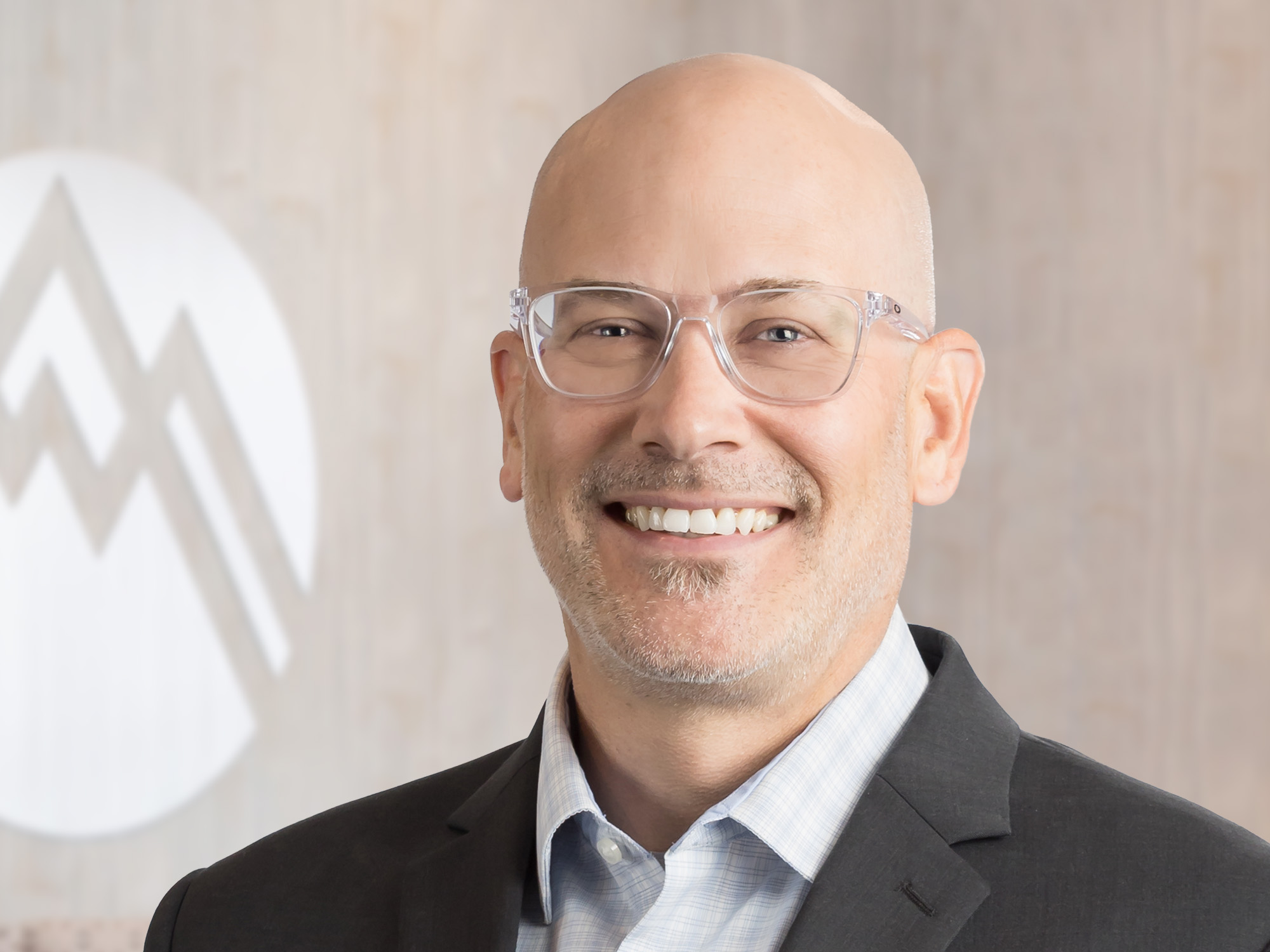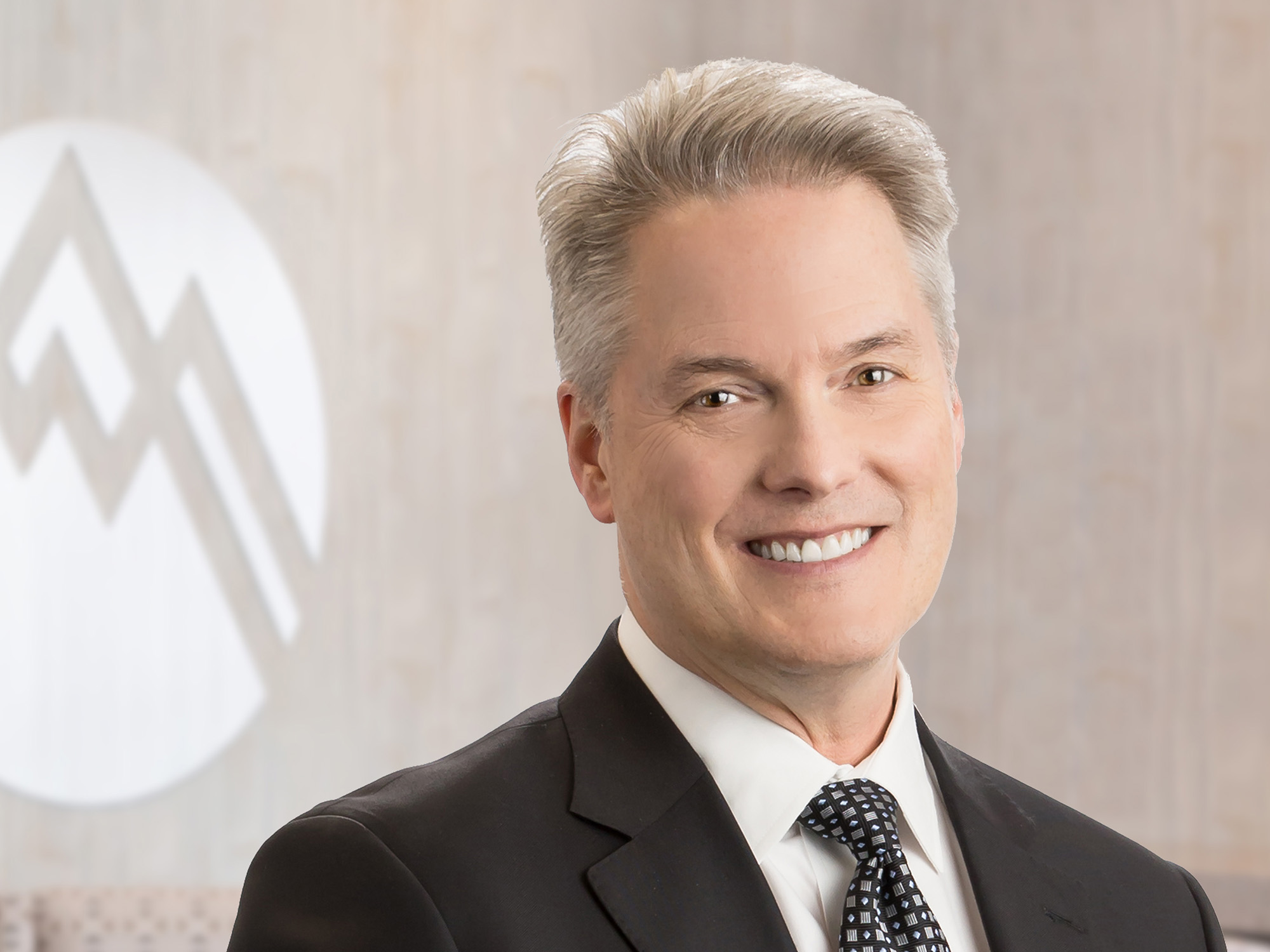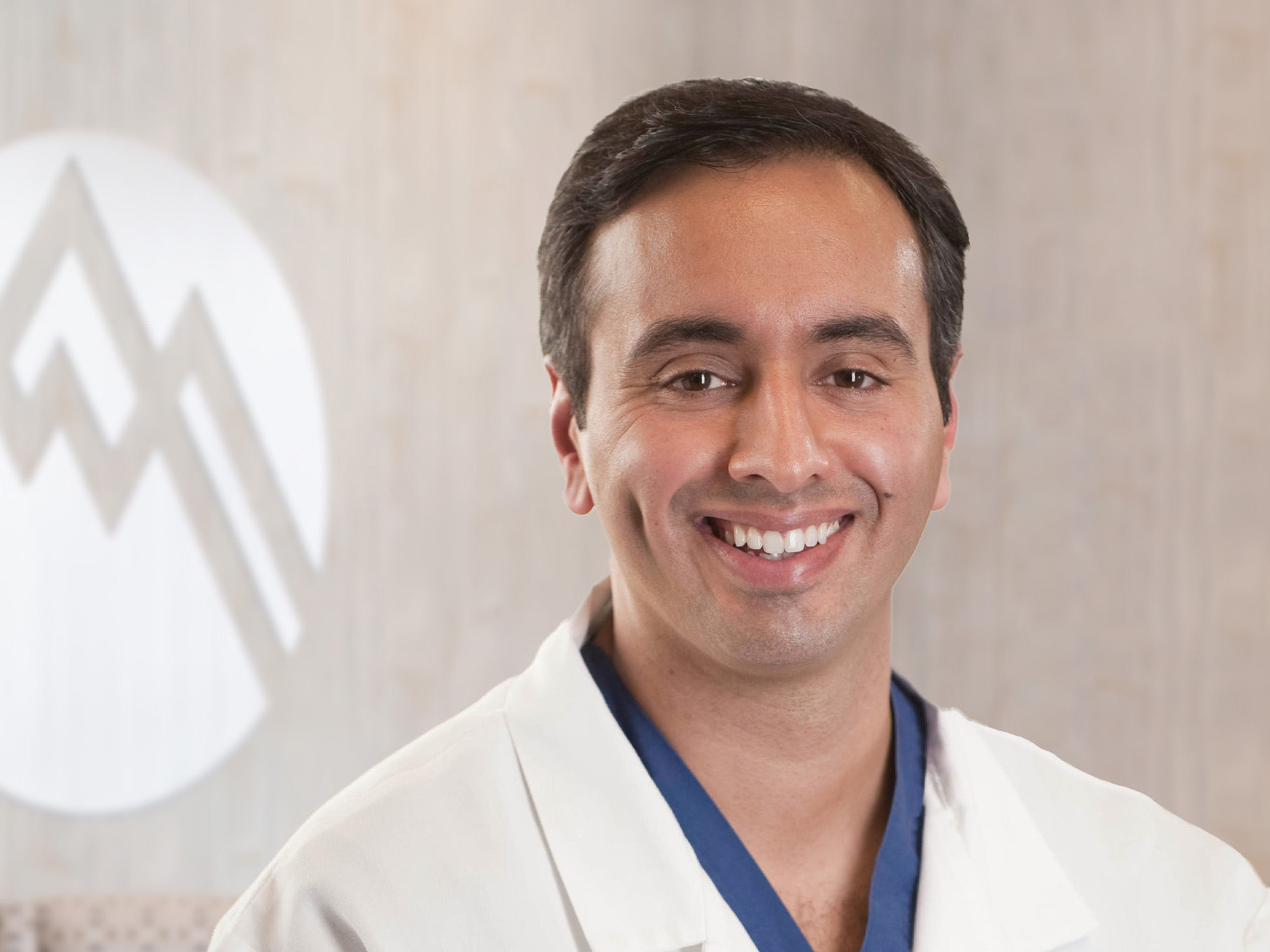Treating a dislocated shoulder involves more than putting the bone back in the shoulder joint. We explain the factors that determine treatment outcome.
Those tough guys who fix their own dislocated shoulders may do fine in a Hollywood movie script, but in the real world, do-it-yourself remedies for shoulder injuries are not such a good idea. Data reported in a recent Journal of the American Academy of Orthopaedic Surgeons showed that when people reset shoulder dislocations without medical help, the risk of future dislocation increases. A do-it-yourself attempt could also leave bone, muscle, nerve, and vascular damage untreated.
When an accident dislocates your shoulder, the displaced bone is only one aspect of your injury. Other damage may have been done to the shoulder joint, including the following:
- Ligament or muscle injuries occur in 40 percent of shoulder dislocation patients.
- Rotator cuff tears occur in one of every three shoulder dislocations.
- Lingering shoulder instability follows a dislocation for six of every 10 younger patients.
A dislocated shoulder may be medically repaired with or without surgery, depending on the severity of the injury. Shoulder repair that does not require surgery is called a closed reduction. There are a number of closed reduction techniques that can be tailored to the specific injury. This nonsurgical repair can be used even when there is associated nerve and fracture injury. However, it is important to avoid multiple reduction attempts, which may further damage joint structures or risk necrosis (cellular bone death and collapse of the bone structures due to interruption in blood supply to the bone).
A number of factors determine how well your shoulder will recover after a dislocation, including the following:
- The cause of the injury.
- The age of the patient suffering the injury.
- Any related fracture and muscle, ligament, vascular, or nerve injury.
- The number of attempts before the shoulder is reset.
Males between the ages of 10 and 20 have the highest rate of shoulder dislocations, and are more likely than women to experience recurrent instability following this shoulder injury. Once a shoulder has been dislocated, there is an increased risk of a subsequent dislocation. This risk is highest in younger patients under the age of 20.
If you injure your shoulder in an action hero moment, it is best to seek orthopedic care promptly. Your physician will monitor your joint for possible nerve damage before and after your shoulder is reset, and direct a rehabilitation program tailored to your injury.
Summit Orthopedics offers comprehensive sports medicine expertise
From Olympians to pro athletes to kids in youth sports and those that just want to be more active—Summit Orthopedics delivers expert care by fellowship-trained sports medicine physicians. If you are recently injured or concerned about ongoing pain, Summit Orthopedics sports medicine specialists have the expertise to evaluate your discomfort and develop a plan to quickly and safely help you get back to being active.
Start your journey to stronger, healthier athletic condition. Find your sports medicine expert, request an appointment online, or call us at (651) 968–5201 to schedule a sports medicine consultation.
Summit has convenient locations across the Minneapolis-St. Paul metro area, serving Minnesota and western Wisconsin. We have state-of-the-art centers for comprehensive orthopedic care in Eagan, MN, Plymouth, MN, Vadnais Heights, MN, and Woodbury, MN, as well as additional community clinics throughout the metro and southern Minnesota.
More resources for you
- Ask Dr. Warner: When Should I See A Doctor For Shoulder Pain?
- Research Compares Non-Surgical Treatments For Shoulder Pain
- Simple Habits for Shoulder Health
- New Options for Shoulder Replacements

